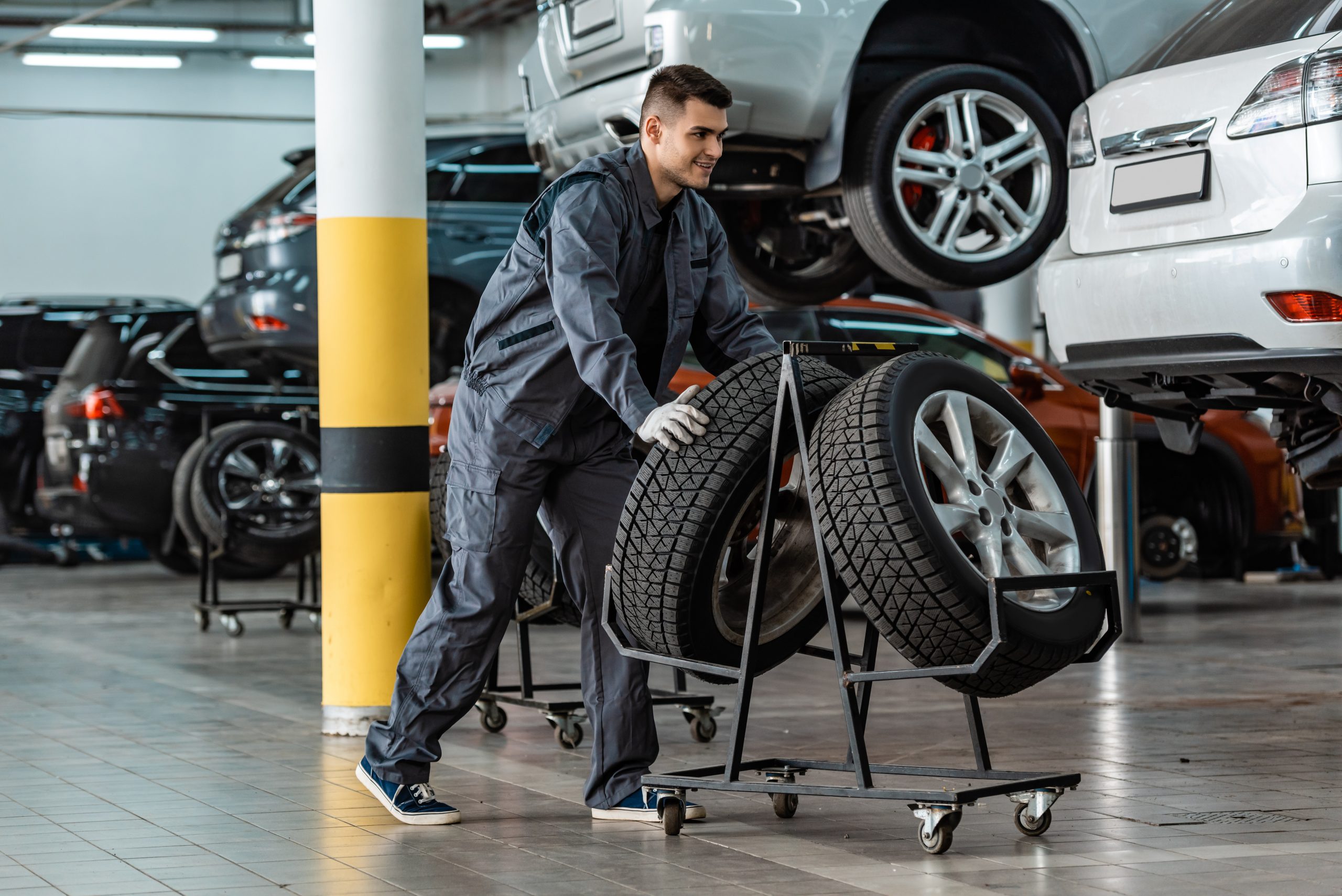The Ecological Advantages of Appropriate Tire Upkeep
Keeping appropriate tire treatment is often ignored, yet its effect on the setting is profound. From lowering gas usage to lowering exhausts outcome, the advantages are significant. Correct tire upkeep not just expands the lifespan of tires however also decreases garbage dump waste and adds to improved air top quality. The interconnectedness of these advantages highlights the critical duty that basic maintenance techniques can play in advertising ecological sustainability.
Lowered Fuel Usage
Improving tire upkeep techniques can result in a substantial decrease in fuel usage for automobiles. morris tire. Effectively filled with air tires guarantee ideal contact with the road surface area, minimizing rolling resistance and improving gas efficiency. According to the United State Department of Power, underinflated tires can decrease gas mileage by 0.2% for each 1 psi decrease in pressure in all four tires. This may feel like a small percentage, however when increased by the variety of lorries on the road, the collective impact is substantial.
Along with tire stress, routine tire turnings and placements likewise play an essential function in fuel effectiveness. Erratically used tires can boost fuel consumption as the engine works harder to keep rate and traction. By keeping appropriate placement and turning tires at recommended periods, motorists can guarantee even prolong the life and use of their tires, eventually conserving gas and reducing their carbon impact.
Extended Tire Life-span
Prolonging the lifespan of tires is a key facet of effective lorry maintenance practices that can generate expense financial savings and ecological advantages over time. By correctly preserving tires, chauffeurs can dramatically extend their use, lowering the frequency at which new tires need to be produced and old ones taken care of. This not just conserves beneficial resources however additionally lessens the power and emissions related to tire manufacturing and disposal processes.
Routinely examining tire pressure, turning tires, and guaranteeing proper placement are necessary steps in prolonging tire lifespan. Sufficient walk deepness is crucial for optimum traction and safety, however it likewise plays a duty in exactly how lengthy tires can be made use of before requiring replacement. Furthermore, preventing hostile driving behaviors that speed up tire wear, such as extreme stopping and doglegs, can additionally enhance tire longevity.
Ultimately, enhancing the long life of tires via proactive upkeep not only profits the environment by decreasing waste and conserving sources but likewise causes set you back financial savings for lorry proprietors by postponing the requirement for new tire acquisitions.
Reduced Discharges Output
Efficient tire maintenance techniques add to a decrease in discharges output, aligning with ecological sustainability objectives in the auto sector. By preserving ideal tire stress levels, chauffeurs can aid reduce these adverse ecological influences.
In addition, well-kept tires likewise enhance traction and reduce rolling resistance, better boosting fuel efficiency. This, subsequently, minimizes the amount of exhaust gases released right into the environment. Additionally, guaranteeing tires are appropriately pumped up and aligned can expand the life expectancy of the tires, decreasing the frequency of tire substitutes and the connected ecological expenses of tire production this content and disposal.

Lowered Land Fill Waste
Given the favorable impact of correct tire maintenance on minimizing discharges result, one more significant ecological advantage is the potential for reduced land fill waste. By making certain that tires are appropriately inflated, lined up, well balanced, and rotated on a regular basis, their lifespan can be dramatically prolonged.

Improved Air Top Quality
Enhancing air high quality with correct tire upkeep methods is an essential facet of lasting environmental stewardship. When tires are underinflated, they create more rolling resistance, causing raised fuel consumption and greater exhausts of hazardous contaminants such as carbon monoxide gas and nitrogen oxides. Appropriately inflated tires not only enhance fuel performance but also decrease the amount of contaminants launched right into the air.
In addition, internet well-kept tires with proper tread deepness and placement contribute to safer motoring problems, decreasing the possibility of accidents that can cause the release of added pollutants into the atmosphere. By prolonging the lifespan of tires with regular upkeep and rotation, fewer tires are thrown out too soon, lowering the environmental impact of tire disposal and manufacturing processes.
Final Thought
In final thought, appropriate tire maintenance uses many environmental benefits. It is crucial for people to focus on tire upkeep as an easy yet effective means to secure the setting for future generations.
Proper tire upkeep not only expands the life expectancy of tires however likewise lowers garbage dump waste and contributes to boosted air high quality - tire tracks morris il. By maintaining proper click to investigate placement and revolving tires at recommended periods, chauffeurs can make sure even extend the life and use of their tires, inevitably saving fuel and reducing their carbon footprint
By properly keeping tires, motorists can significantly extend their usability, minimizing the frequency at which brand-new tires need to be produced and old ones disposed of.Regularly examining tire stress, rotating tires, and making certain proper placement are necessary steps in prolonging tire life-span. Additionally, making sure tires are correctly inflated and aligned can prolong the life expectancy of the tires, reducing the regularity of tire replacements and the linked ecological costs of tire production and disposal.